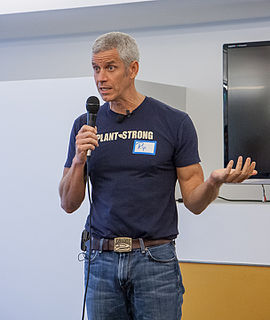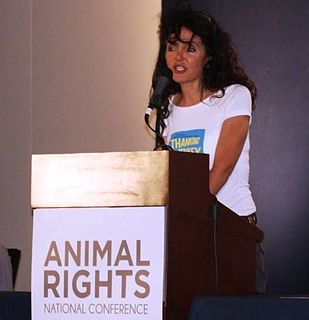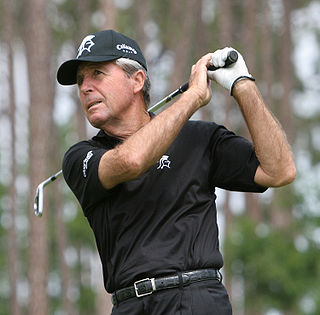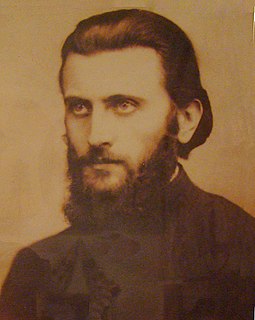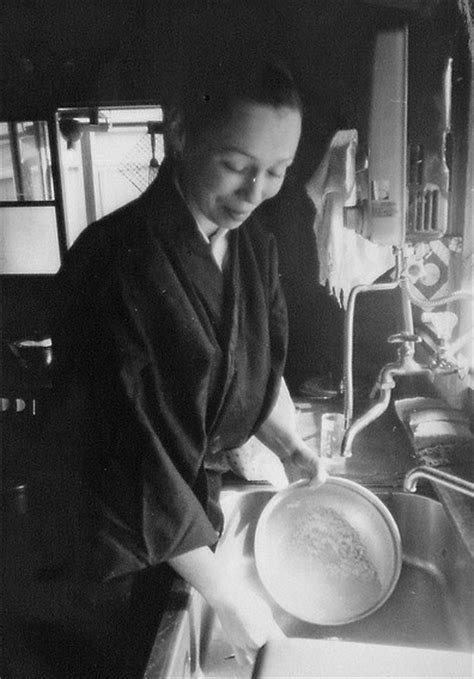A Quote by Nhat Hanh
As a population, if a large number of people make even small moves to eat less meat and more plant-based foods, the livestock industry will shrink. Over time, farmers will find other crops to support their livelihoods. Through such collective awakening we can make a difference in our world.
Related Quotes
There are many innovators hard at work seeking to perfect alternatives to meat, milk, and eggs. These food products will, like computer-generated graphics or photography or sound systems, just keep getting better and better until there is little difference between an animal-based protein and a plant-based one, or farm-produced versus cultured meat. That will make it easy for people to make the kinds of choices that will usher in a world with far less violence.
We believe in the Three Rs - reducing the consumption of meat and other animal-based foods; refining the diet by eating products only from methods of production, transport, and slaughter that minimize pain and distress; and replacing meat and other animal-based foods in the diet with plant-based foods.
Most of the food crops raised in the world today are fed to livestock destined for slaughter for us to eat, and most of the water used is used to raise the food crops that are fed to those animals. It has been estimated that, because of the extraordinary amount of grain it takes to raise food animals, if we reduced the amount of meat we eat by only ten percent, that would free up enough grain to feed all the starving humans in the world. So when we choose to eat meat instead of vegetables, we are choosing to take food away from others who are hungry.
From building a fire one can learn something about artistic composition. If you use only small kindling and large logs, the fire will quickly eat up the small pieces but will not become strong enough to attack the large ones. You must supply a scale of sizes from the smallest to the largest. The human eye also will not make its way into a painting or building unless a continuum of shapes leads from the small to the large, from the large to the small.
It’s not the plant-based foods that will make you ill, it’s the meat and the liquid meat (i.e.: dairy) that can lead to sickness and death. Consider this: If your food had a face or a mother (or comes from something that did), then it also has varying amounts of artery-clogging, plaque-plugging, and cholesterol-hiking animal protein, animal cholesterol, and animal fat. These substances are the building blocks of the chronic diseases that plague Western society.



